So you may have heard the term ‘reverse dieting’ thrown around. What does it all mean? Reverse dieting is a strategic process which focuses on progressively increasing your intake from a calorie deficit to maintenance. What we do is increase your intake in conjunction with your progress ie your calories go up rather than down, we do this while monitoring your response so it is done progressively and conservatively to avoid fat gain.
Table of Contents
What are the benefits of reverse dieting?
- Mostly, a greater metabolic capacity; in increasing your intake in conjunction with your progress you adjust to a higher calorie intake without fat gain
- More calories means more food!
- Continue building a better relationship with food; more food = more flexibility so compliance gets easier and your variety and volume increases
- Mindset benefits; less pressure on fat loss and more enjoyment for sustainability
- Better training performance
- Continued results
When should you reverse diet?
It’s important to note that reverse dieting doesn’t come after 1, 3, 5 weeks of dieting or small stints of fat loss. In best practice reverse dieting should be called on when you’ve reached your fat loss goal or in the rare case of diet fatigue after a prolonged deficit (even then a better approach would be to press the reset button at maintenance calories and start dropping again). The point being, reverse dieting is the post “I’ve made it” protocol.

What can happen during a reverse diet?
In best practice, you won’t gain weight. Instead, most will lose because think of it like this, while you’re increasing out of a deficit if you’re consistent you’re still in a deficit. Some weeks there might be few hundred-gram fluctuations but your body’s progress like a fat loss journey will always serve as the best direction for intake adjustment; and if the strategy is optimal (we are renowned for this!) and your consistent best-case scenarios can have you eating up to 500 calories more a day without putting on any weight!
Do you need to exercise to compensate?
Like fat loss, absolutely not. Your intake will always be proportionate to your calculated energy expenditure – in saying that the more active you are the higher amount of energy you burn but you certainly shouldn’t try to counteract any increases with training unless you intend to keep that regime up.
The metabolism is underestimated for its fast adjustment to a caloric intake when consistency and balance are applied. As a result just as you can train your body to become accustomed to a low caloric intake, it is possible to reverse out of this state and handle a much higher amount of calories.
It’s important to remember that getting to your goal weight shouldn’t mean you throw your hands in the air and run to the nearest buffet but instead invest the time your metabolism needs to maintain the conditioning you’ve achieved and quite often keep improving!
So for all our fat loss equers this is something to look forward to! If you would like more information regarding reverse dieting feel free to email us at [email protected]. Enjoy the week ahead!

